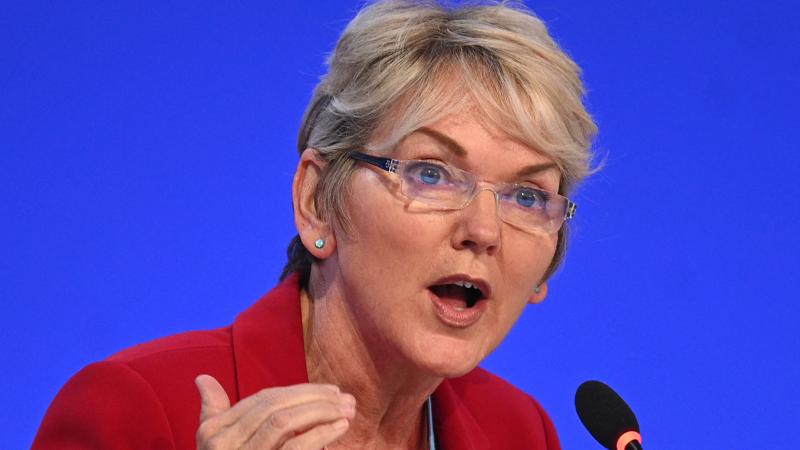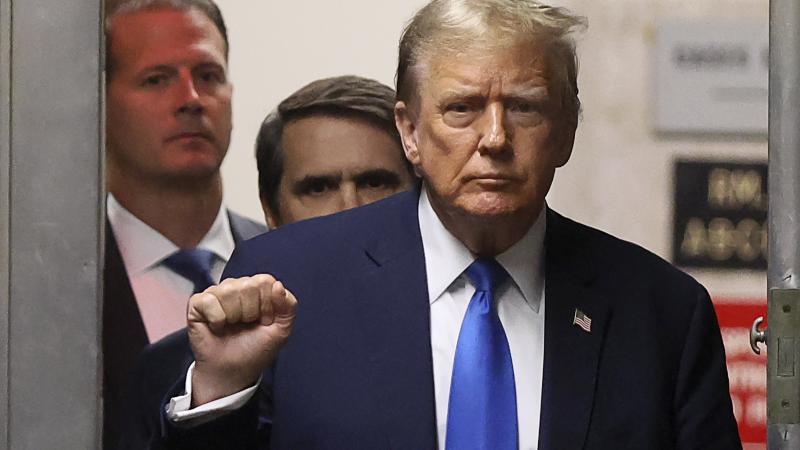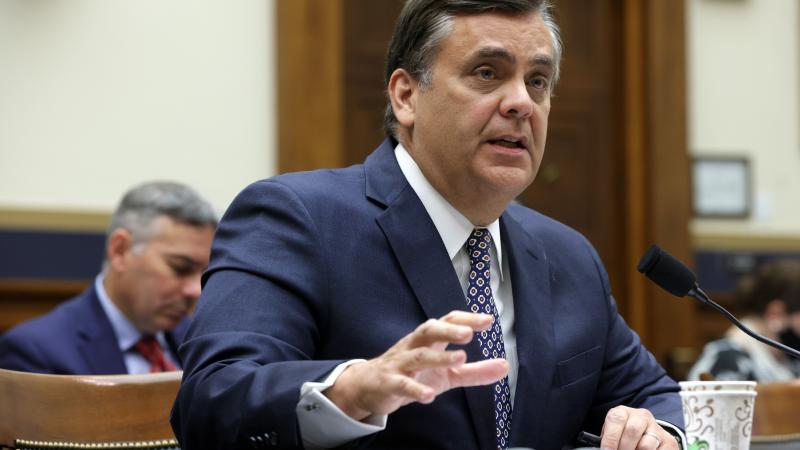Senators respond to critics calling $52 billion of subsidies for chipmakers corporate welfare
Democratic Sen. Mark Warner says other countries are offering 'dramatically richer' incentives than U.S., and GOP Sen. John Cornyn says subsidies 'absolutely essential to securing these supply chains'
Democratic Sen. Mark Warner of Virginia and Republican Sen. John Cornyn of Texas responded Thursday to critics describing the $52 billion in subsidies for chipmakers as corporate welfare, arguing that other countries are offering "dramatically richer" incentives.
Warner and Cornyn held a press briefing to tout the benefits of the "record investment" in semiconductor manufacturing, which was part of the 1,445-page Senate-passed U.S. Innovation and Competition Act, referred to as the "China bill." The senators called on the Democrat-led House to pass the $250 billion legislation with the $52 billion in subsidies for chipmakers.
Computer chipmakers like Intel, Qualcomm and Taiwan Semiconductor Manufacturing Company have reported record profits. Intel's CEO said in March that the company's operations do not depend on money from the government. Just the News asked the senators why large semiconductor companies would need billions in subsidies and for their reaction to those making the corporate welfare argument against the funding.
"My friends have raised these issues" about semiconductor fabrication plants, Warner responded. "These fabs are going to be built. There are plenty of other countries that are offering even much dramatically richer incentives, not just China. South Korea recently announced literally in the hundreds of billions of dollars of their investment, Taiwan, which Senator Cornyn pointed out."
At the same time, Warner argued, costs are higher in the U.S. than in countries competing to attract the chipmakers. It is "more expensive to build these facilities in America, not only construction costs, but we have more appropriate environmental standards," Warner said. "These are large, large facilities. The question was, is it really safe if the next 25 of these facilities are built in China? Is that a solution that we're happy with if we didn't put an incentive on the table?"
Cornyn pointed out that one of the corporations seeking to build a new semiconductor facility within the U.S. is TSMC. Intel is also reportedly planning to build facilities in the U.S. The legislation does not differentiate between foreign or domestically-based companies as beneficiaries of the subsidies.
"The driving force here was really our concern that if the supply chain was cut off, just like Jimmy Carter said in 1980, that would be literally an act of war against the United States," Cornyn said, referring to comments former President Carter made about the U.S. oil supply during his term in office. "I don't want to be overmelodramatic, but in some ways this is an insurance premium against military conflict in the event that the supply chain was cut off."
In total, 68 senators voted in favor of the legislation, and 32 voted against it. Many Democrats are calling for ending the legislative filibuster, which is the 60-vote threshold needed for legislation to advance in the Senate. Cornyn said passage of the China bill in the 50-50 Senate shows that the chamber is capable of working together in a bipartisan way on legislation.
"At a time when more and more people are worried about federal spending, this is absolutely essential to securing these supply chains and maintaining the viability of our economy and national security," he said.















